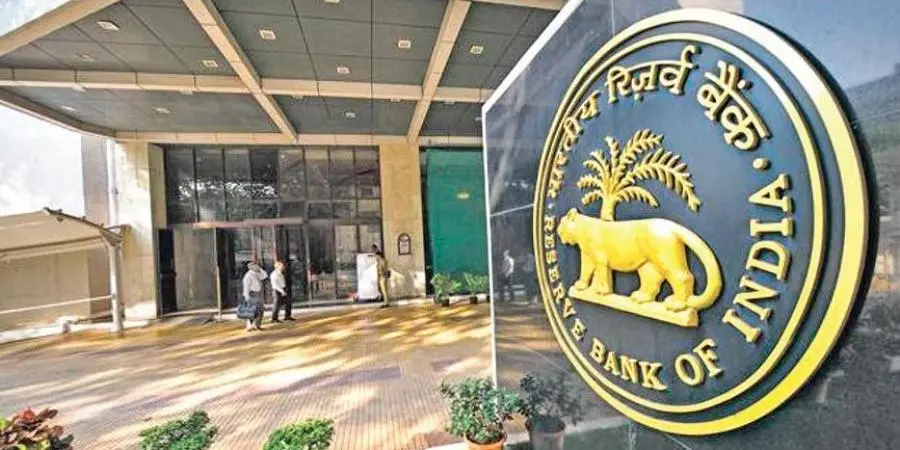The Reserve Bank has again prioritised controlling inflation over economic growth. The country’s central bank has sharply increased the repo rates by half a percent. With this, the repo rates have increased to 5.4 per cent.
That is, the prime rates have now reached the level before Corona. With today’s decision, there is bound to be an increase in EMI, and it is possible that its announcements will start from the banks in the next few days.
Today, Reserve Bank Governor Shaktikanta Das has given information about the results of the MPC meeting.
The Reserve Bank has increased the repo rates by half a percentage point to 5.4 percent. The new rates are applicable with immediate effect. – SDF rates raised from 4.65 percent to 5.15 percent – MSF rates raised from 5.15 percent to 5.65 percent – Inflation expected to remain high in the second and third quarters – GDP growth estimated at 7.2 percent in the year 2022-23
In his address, the Reserve Bank Governor expressed concern about rising inflation and recession worldwide. He said that the emerging economy is facing several challenges, including weak domestic currency and foreign fund outflows and depleting foreign exchange reserves. According to the governor, India is also facing such challenges.
However, he said that conditions would be better for India in the coming times, and inflation would also come down. Many indicators related to the economy give better indications than Governor Shaktikanta Das. Presently, the position of foreign exchange reserves and liquidity in the system is vital.
The Reserve Bank had increased the repo rates for the third time in a row today before half a percent increased the rates in the June policy.
At the same time, with an unexpected decision in May, the rates increased by 0.4 percent between the two policy reviews. Earlier, during the Corona period, the Reserve Bank did not change the rates for 11 consecutive times.
What is Repo Rate ?
A repurchase agreement, also known as a repo, RP, or sale and repurchase agreement, is a form of short-term borrowing, mainly in government securities. The dealer sells the underlying security to investors and, by agreement between the two parties, repurchases them shortly afterwards, usually the following day, at a slightly higher price.



